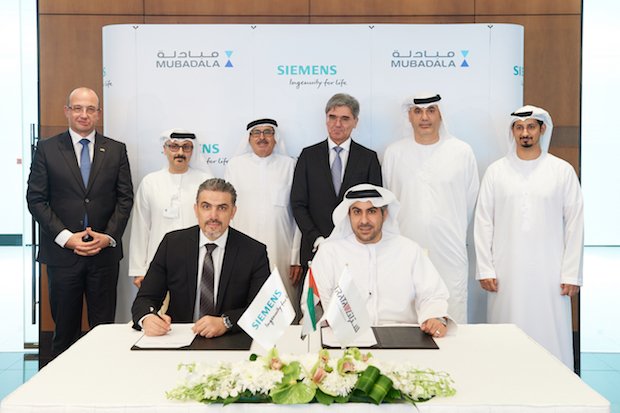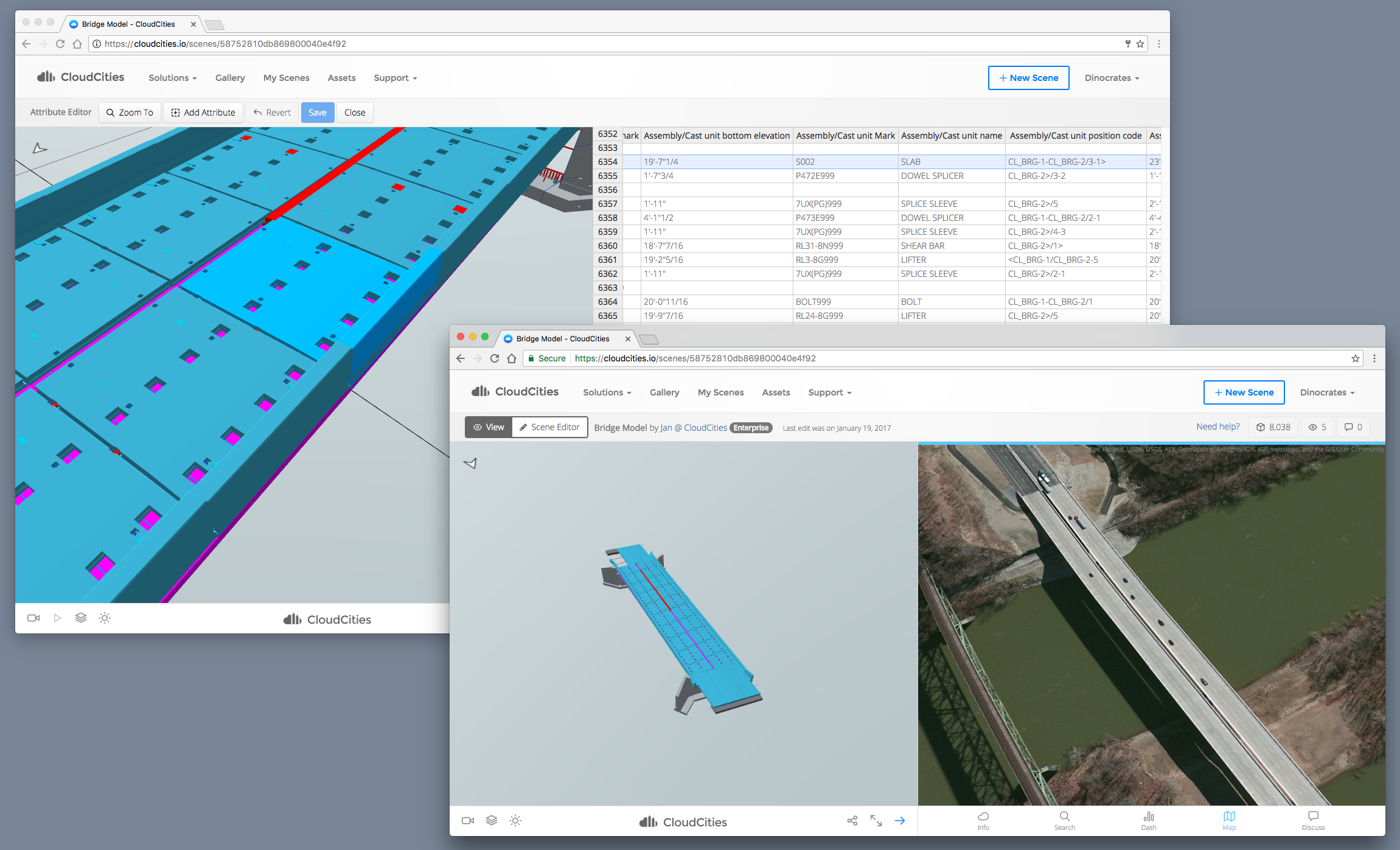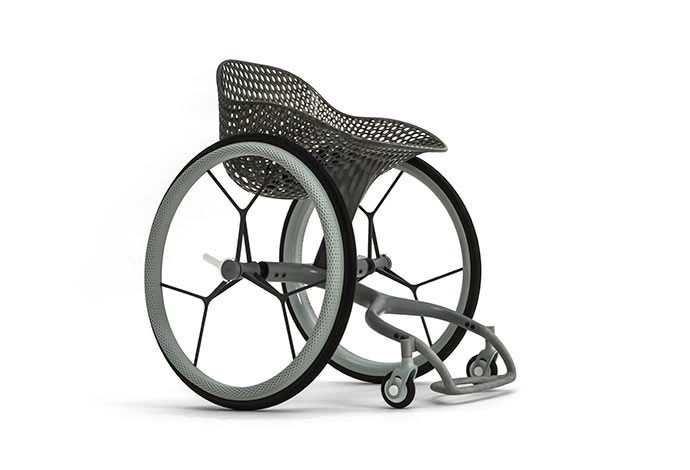In this mid week edition of Sliced, we cover 3D printing news featuring: Strata Manufacturing, Siemens and Etihad, Organovo, CloudCities, Renishaw donate to engineering charity, 3D printed wheelchairs and more.
Strata and Siemens 3D printing Etihad plane
Siemens have announced a collaboration with Strata Manufacturing in order to 3D print parts for Etihad Airways aircraft. The pilot project will see 3D printing used to create aircraft cabin interior products. Strata will be enlisted with producing the 3D printed components, while Siemens’ will be facilitating the design process.
Jeff Wilkinson, Etihad Airways Engineering CEO, explains how the airline are ready to push the use of additive manufacturing,
The biggest challenge for the use of 3D-printed parts in aviation is certification and we are ready to tackle it and make it a reality. Etihad Airways Engineering will be using its expertise and major design certification approval to design and certify the first 3D-printed part for aircraft cabin in the UAE.
Following this initial pilot project, Siemens and Strata will develop a three-year roadmap for further industrialization of additive manufacturing in the UAE. Siemens are encouraging the industrialization of 3D printing with their recent partnerships including German manufacturers Trumpf and software company Materialise.

Organovo announce partnership with Australia’s Murdoch Children’s Research Unit
3D bioprinters Organovo who make 3D printed liver tissue will aid research in Australia with a new project. The U.S. company has announced a partnership with the Murdoch Childrens Research Institute at The Royal Children’s Hospital in Melbourne, Australia. The project aims to, “develop an architecturally correct kidney for potential therapeutic applications“. An Organovo 3D bioprinter was donated with the help of the Methuselah Foundation, a non-profit organization committed to advancements in tissue engineering.
Professor Melissa Little, Theme Director of Cell Biology at Murdoch Children’s Research Institute explains their plans,
Using Organovo’s bioprinter will give us the opportunity to bio print these cells into a more accurate model of the kidney. While initially important for modelling disease and screening drugs, we hope that this is also the first step towards regenerative medicine for kidney disease.
Also recently announced in Australia was a new Biofabrication unit in Queensland.
CloudCities new IFC support and password protected scenes
CloudCities, an online interactive platform for publishing 3D models of cities has announced new features. The updated service furthers the use of building information modelling (BIM) through the ability to upload industry foundation classes (IFC) data. Additionally CloudCities have also updated the privacy settings and now offers password protection to users’ scenes. The service can be used by architects to view building designs and add data to the models, including building names.

Stratasys announces Purple Platypus as diamond level partner
Californian prototyping company Purple Platypus has announced ‘Diamond Level’ reseller status from Stratasys. The title is reserved for a select few 3D printer resellers that are able to demonstrate expert technical knowledge and customer support. The Diamond level is the highest tier of Stratasys’ now four-tiered classing system. CEO of Purple Platypus, Mark Swart, said the Purple Platypus team were honored.
Leopoly announces 2016 achievements and future plans
3D printing software company Leopoly has released their key facts and figures from 2016. The company opened a new Silicon Valley office recently to house their growing team. The software company has an online-based design platform that is embeddable and easy to use. Last year Leopoly reports 120,000 users of their software, with 20 business clients and technology partners. Leopoly recently created an application for the HTC Vive virtual reality headset and for HP’s 3D designing computer Sprout. The Hungarian company hopes to have a similarly successful year in 2017.
Renishaw donates to Engineers Without Borders charity
British industrial 3D printing company Renishaw has donated £16,500 to Engineers Without Borders. The charity, also from the UK, was set up to encourage the use of engineering to incite change in the world, and address the most ‘pressing problems‘. Engineers Without Borders run workshops in schools and have also set up a design competition for universities to solve problems through engineering solutions.
Jim Henshaw, Director and General Manager for Renishaw’s Encoder Products Division, explains how they could relate to the charity’s mission,
We strongly believe in the abilities of engineers to act as a force for good. Our people and products make a real difference to the world in which we live; therefore, we wanted to give support to people with engineering skills who are working to provide solutions to global challenges.
3D printed wheelchairs
British design agency, Layer has teamed up with 3D printing software and services company Materialise to create a 3D printed wheelchair. The GO wheelchair has won an Innovation by Design award for attempts to provide a more personalized approach to the mobility device. The wheelchair seat is 3D printed out of resin and can give the user a number of customizable options regarding design.

Benjamin Hubert, founder of Layer has revealed plans to offer an application that allows customers to configure the wheelchair themselves and even offer styling options such as custom colorways. The GO wheelchair has taken two years of research to create and will be available on the market soon.

Sign up to our newsletter to receive the latest sliced articles.
Featured image shows sliced logo over a close-up photo of the GO wheelchair seat. Photo via Layer.



